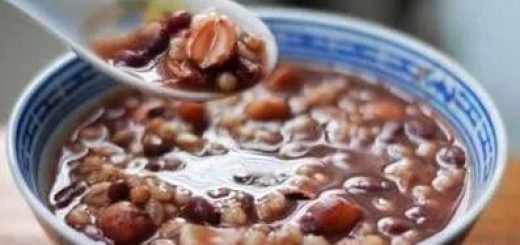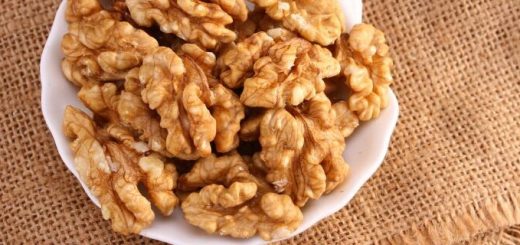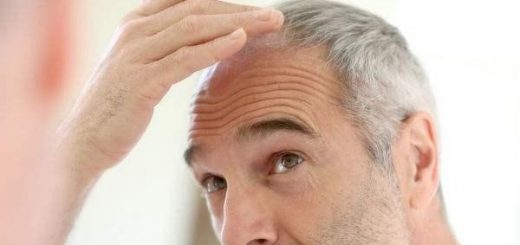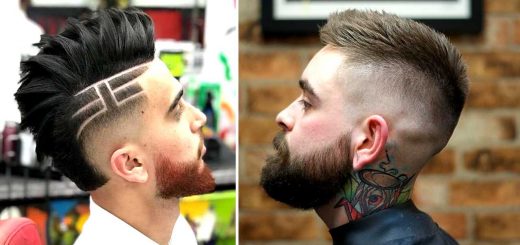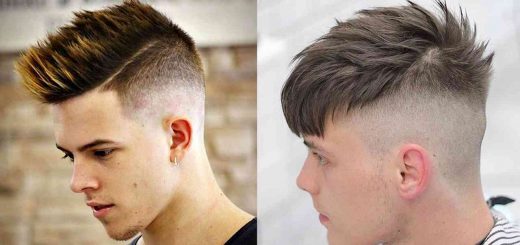Is Ginger For Hair Loss Useful? Why Do So Many Men Lose Their Hair?
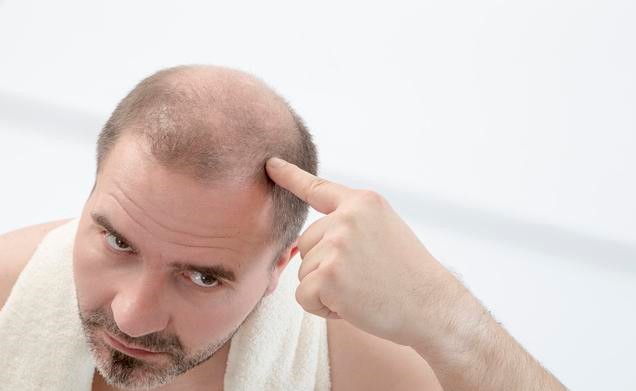
Is ginger for hair loss useful? Why do so many men lose their hair?
Hair style is very important for a man’s appearance. Hair can not only show a person’s beauty and ugliness, but also reflect a person’s physical health. However, hair loss is an inevitable problem for men to middle age. Whenever looking in the mirror, bald people worry deeply about hair loss.
In fact, hair loss is divided into physiological hair loss and pathological hair loss. Physiological alopecia is a normal phenomenon, and there is no obvious reduction in hair; pathological alopecia generally refers to the obvious loss of hair, with more than 70 hairs lost every day, and there is no renewal of old and new.
For middle-aged men, if androgen levels are too high, balding becomes a very common occurrence. Turning bald immediately looked old. In addition to middle-aged and elderly people, adolescent baldness is now common in society. So what causes baldness?
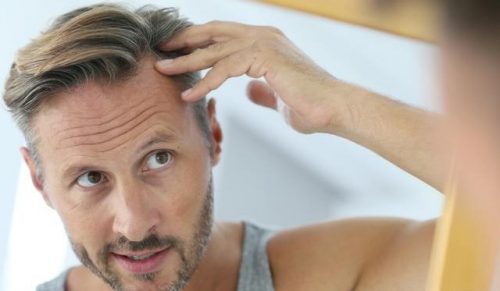
Why are men bald?
1. Genetic cause
There are definite male androgenetic alopecia in the family, and their offspring are more likely to have baldness.
2. Sensitivity to androgens
Some are more special. Some male bald patients have 5-a reductase, testosterone and dihydrotestosterone in their bodies, which are all in the normal range after examination. However, because the hair follicles in the sensitive area of the head are more sensitive to androgen, hair growth in this area suppressed. Hair becomes thinner, shorter, thinner, etc., Under the action of 5-a reductase, testosterone inside the body can produce dihydrotestosterone, which is more active than testosterone. When testosterone levels are high or 5-a reductase activity is high, more dihydrotestosterone can be produced. Excessive testosterone and dihydrotestosterone, once combined with the hair follicles in the sensitive area of the head, will cause hair growth to be restricted here, affecting the level of hair quality and causing balding.
3. Fungal infection
As mentioned earlier, testosterone and amphiphilic testosterone promote the secretion of sebaceous glands. A large amount of oil will accelerate the reproduction of Malassezia, produce a lot of free fatty acids that stimulate the scalp, and then cause scalp flushing, dandruff and itching. It will also produce cytokines that promote hair loss, leading to baldness.
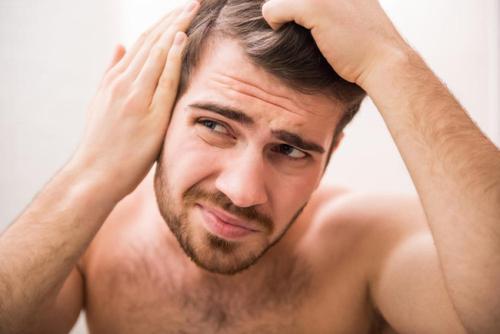
4. Scalp Microcirculation Disorders
The scalp blood vessel contraction and local inflammation are affected by mental and fungal infections, which can cause dysfunction around the hair follicles and cause hair loss.
5. Mental reasons
Excessive mental stress can cause changes in the male body, which in turn affects male hair growth and leads to hair loss.
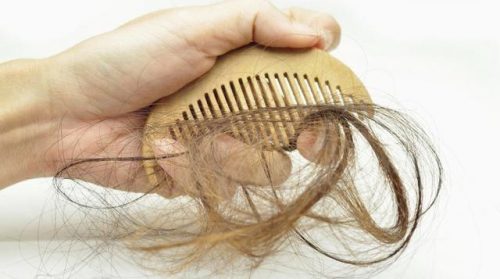
Effect of ginger on hair loss
Ginger is helpful to some types of early hair loss to some extent.
Ginger has two main mechanisms of action. First, ginger itself has a certain amount of volatile oil. This volatile oil may expand blood vessels, thereby improving the microcirculation of the scalp, and the activity of 5α-reductase will be reduced, so that the male hormone dihydrogen Testosterone will decrease. We know that seborrheic alopecia, that is, androgen alopecia, is mainly caused by androgens (mainly dihydrotestosterone), so it is good for hair growth.
Second, ginger contains gingerol, which can stimulate local blood circulation of the scalp to a certain extent, promote metabolism of the scalp, activate hair follicle tissue, and thus help relieve hair loss.
Although ginger scalp rubbing can alleviate hair loss to some extent, it is not effective for all patients. It is recommended that patients take regular medical treatment for hair loss.
